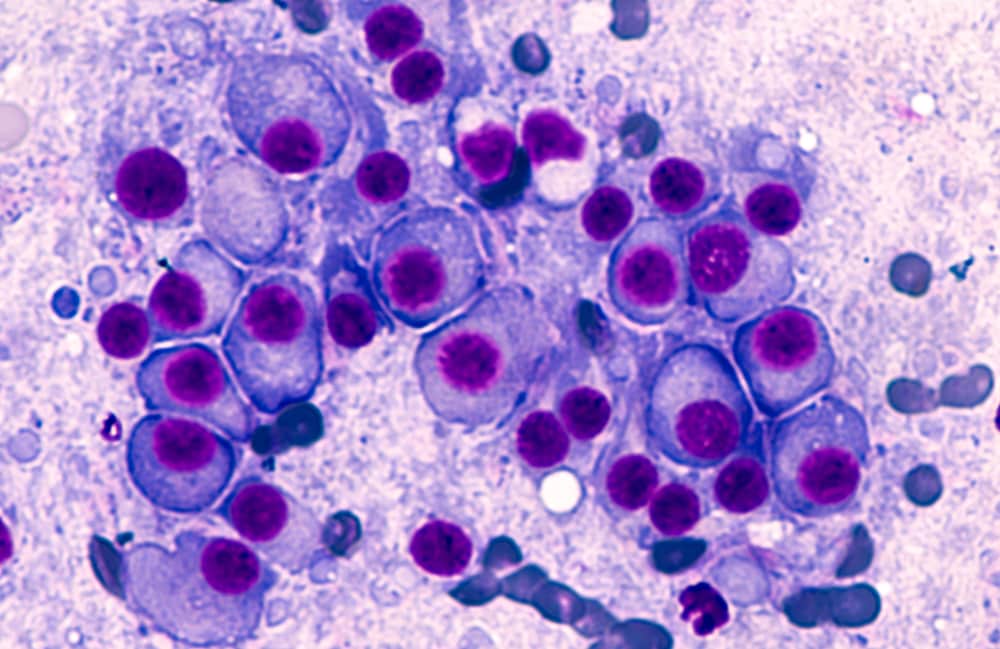Canadian biotech company Telo Genomics Corp. has started the processing of clinical samples to evaluate its TeloView platform to identify multiple myeloma (MM) patients at high-risk of developing treatment resistance.
The study is the second being carried out in collaboration with the Mayo Clinic to evaluate the company’s prognostic technology to address multiple unmet clinical needs in MM.
MM is a deadly blood cancer that forms in plasma cells, a type of white blood cell. Symptoms include bone pain, frequent infections, fatigue, and weight loss.
There are several combinations of drugs in clinical use for the treatment of MM and most patients initially respond to treatment and enter remission. However, disease remission is typically followed by treatment resistance and relapse, which can occur from as early as 3 months from initiation of treatment until 24 months.
Identifying patients who will develop drug resistance prior to relapse is a critical unmet need in the management of MM. Addressing this unmet need will allow healthcare providers to identify patients at high-risk of drug resistance, and modify their treatment accordingly.
The identification of patients at high-risk of treatment resistance presents the potential for regular and continuous patient monitoring and real-time treatment modification.
About MM
Multiple myeloma, also known as myeloma, is a type of bone marrow cancer. Bone marrow is the spongy tissue at the center of some bones that produces the body’s blood cells.
The disease is called multiple myeloma as the cancer often affects several areas of the body, such as the spine, skull, pelvis and ribs.
The incidence rate of MM in the U.S. is approximately 35,000 cases per year with an estimated potential total addressable market of more than 250,000 tests per year.
In 2020, TELO entered into a collaboration agreement with the Mayo Clinic to conduct clinical studies targeting the development of two clinical prognostic tests for MM.
Earlier this month, TELO announced the completion of the processing of clinical samples related to its lead product in development for smoldering multiple myeloma (SMM) and is in the process of data review and analysis. The clinical study being launched for drug resistance is the second prognostic test in development in collaboration with the Mayo Clinic.
“We are excited to launch this drug resistance study for multiple myeloma patients in collaboration with the Mayo Clinic,” said Sherif Louis, TELO’s CEO.
“The development of this test, in addition to TELO’s lead product for SMM, has the potential to position our TeloView platform as a powerful prognostic tool to address multiple unmet clinical needs for the management of multiple myeloma.”





